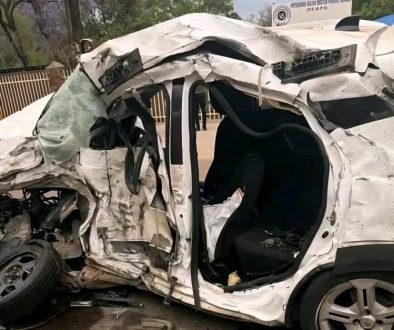New departments announced to replace state security agency
President Cyril Ramaphosa has made amendments to the government with the introduction of two new departments.
This follows the President signing into law the General Intelligence Laws Amendment Bill which is the basis for significant reforms of South Africa’s intelligence services that will be accompanied by improved oversight and accountability.
ALSO READ: Primary school learner sexually assaulted by a teacher [58]
The Amendment Act amends the National Strategic Intelligence Act of 1994, the Intelligence Services Act of 2002, and the Intelligence Services Oversight Act of 1994.
WHICH ARE THE NEW DEPARTMENTS ANNOUNCED BY PRESIDENT CYRIL RAMAPHOSA
One of the new departments is the Foreign Intelligence Service [FIS]. It will be responsible for foreign intelligence gathering so as to identify opportunities and threats to National Security.
The other one is the Domestic Intelligence Agency [DIA]. It will be responsible for counter-intelligence as well as the gathering of domestic intelligence in order to identify threats to National Security.
“The amendment Act also re-establishes the South African National Academy of Intelligence (SANAI) and Intelligence Training Institute for both Domestic and Foreign Intelligence capacities,” said the presidency on Friday.
“The law also addresses concerns about bulk interception by intelligence services of internet traffic entering or leaving South Africa, by introducing new measures including authorisation within the intelligence services as well as court reviews of such interception.
“The law provides for the administration, financial management and expenditure of the intelligence service entities to be within the ambit of the oversight of the Joint Standing Committee on Intelligence – a multiparty committee of Parliament that processes public complaints about the intelligence services and monitors the finances and operations of these services.”
The newly enacted amendments also provide for greater autonomy for the Inspector-General of Intelligence and the National Intelligence Coordinating Committee (NICOC) in making administrative and functional decisions.




